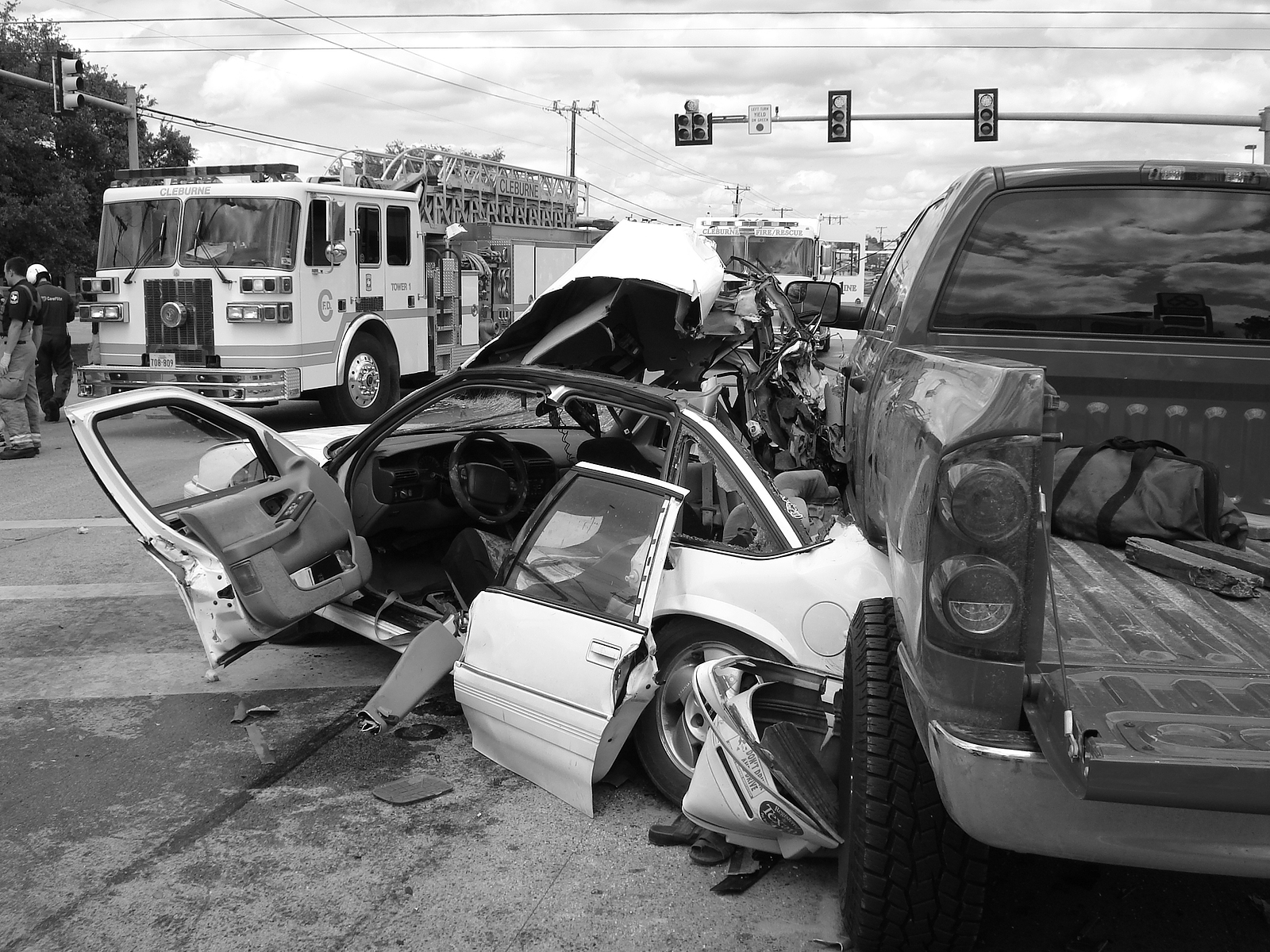What Are the Challenges in Establishing Causation in TBI Claims?
Establishing causation in traumatic brain injury (TBI) claims can be a complex process. One of the main challenges is proving that the injury was directly caused by the accident in question. This is particularly difficult in cases where the victim had pre-existing conditions or where the symptoms of the injury didn’t appear immediately after the accident.
In Queens, New York, as in other parts of the country, the burden of proof lies with the claimant. This means that you, as the injured party, must provide sufficient evidence to demonstrate that the accident caused your TBI. This can be a daunting task, especially when dealing with insurance companies and their experienced legal teams.
What Should I Do if I Am Injured in a Car Accident and What Are the Implications of Failing to Establish Causation in TBI Claims?
If you are injured, seek medical attention immediately, even if you don’t think you’re seriously injured. Some injuries, including TBIs, may not show symptoms right away. Getting a medical examination immediately after the accident can help document your injuries and may be crucial in establishing causation later on.
You should also report the accident to the police and your insurance company as soon as possible. Be sure to gather as much evidence from the scene as you can, including photos, witness testimonies, and any other relevant information.
Finally, consider consulting with an experienced attorney. They can help you understand your rights and guide you through the process of filing a TBI claim.
Failing to establish causation in TBI claims can have serious implications. If you cannot prove that the accident caused your TBI, your claim may be denied. This means you may not receive any compensation for your medical bills, pain and suffering, wages you lost, and other damages related to your injury.
Even if your claim is not entirely denied, failing to establish causation can significantly reduce the amount of compensation you receive. The insurance company may argue that only a portion of your damages are related to the accident, reducing the amount they are willing to pay.
What Are the Legal Standards for Proving Causation in TBI Claims?
In Queens, New York, the legal standard for proving causation in TBI claims is based on the “preponderance of the evidence.” This means that you must show that it’s more likely than not that the accident caused your TBI. This is a lower standard than “beyond a reasonable doubt,” which is used in criminal cases.
To meet this standard, you must provide evidence that directly links your injury to the accident. This could include medical records showing the onset of symptoms after the accident, expert testimonies explaining how the accident could have caused your injury, and evidence of the accident itself, such as photos or witness testimonies.
How Can Medical Evidence and Expert Witnesses Help in Establishing Causation?
Medical evidence plays a crucial role in establishing causation in TBI claims. This includes medical records, test results, and expert testimonies from healthcare professionals. These pieces of evidence can help demonstrate the link between the accident and your injury.
However, gathering and presenting this evidence can be challenging. Medical records can be complex and difficult to understand. Additionally, insurance companies may dispute the interpretation of these records. They may argue that your TBI was caused by a pre-existing condition or that it’s not as severe as you claim.
Expert witnesses can provide valuable insights and explanations that can help establish causation in TBI claims. These professionals, usually experienced healthcare providers or accident reconstruction specialists, can explain the nature of your injury, how it could have been caused by the accident, and the impact it has on your life. However, finding the best expert witness can be a challenge. You need someone who is not only knowledgeable about TBIs but also able to explain complex medical concepts in a down-to-earth way a jury can understand. The opposing side will likely have their own expert witnesses, who may provide conflicting testimonies.
What Are the Common Defenses Used by Insurance Companies in TBI Claims and How Can I Counter These Defenses?
Insurance companies often use several defenses to dispute causation in TBI claims. One common defense is arguing that your injury was caused by a pre-existing condition. They may point to your medical history to suggest that your TBI was not caused by the accident but was instead a result of a condition you had before the accident.
Another common defense is arguing that your injury is not as severe as you claim. They may dispute the severity of your symptoms or suggest that you’re exaggerating your condition. They may also argue that your injury could have been caused by something other than the accident, such as a subsequent event or an unrelated medical condition.
Countering these defenses requires a thorough understanding of the law and a strong body of evidence. A skilled lawyer can help you put together a strong case by gathering and presenting compelling evidence.
How Can an Attorney Help in Establishing Causation in TBI Claims?
A skilled lawyer can be instrumental in helping you establish causation in your TBI claim. They can guide you through the process, helping you gather the necessary evidence and presenting it in the most effective way. They can also help you find and work with expert witnesses, ensuring their testimonies support your claim.
Additionally, a lawyer can help you understand the legal intricacies of TBI claims. They can explain the relevant laws and regulations for your case in Queens, New York. They can also advocate for you in discussions with insurance companies, aiding you in obtaining the compensation you are entitled to.
Remember, insurance companies have experienced legal teams working for them. You should have someone fighting for you who understands the law and can protect your rights.
If you have suffered a TBI, call The Law Offices of Elke E. Mirabella, PC today at 631-721-4662 for a free consultation.





